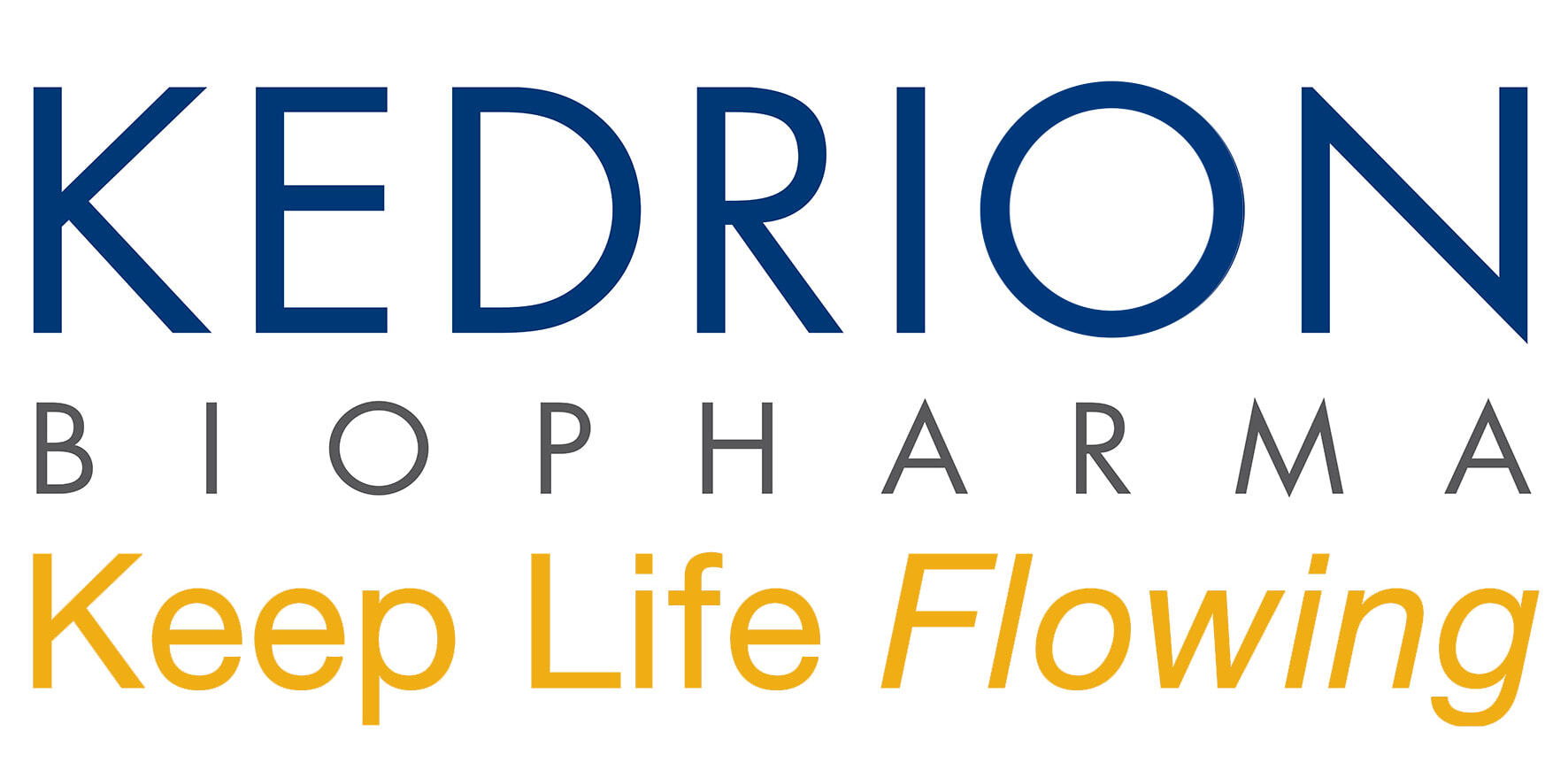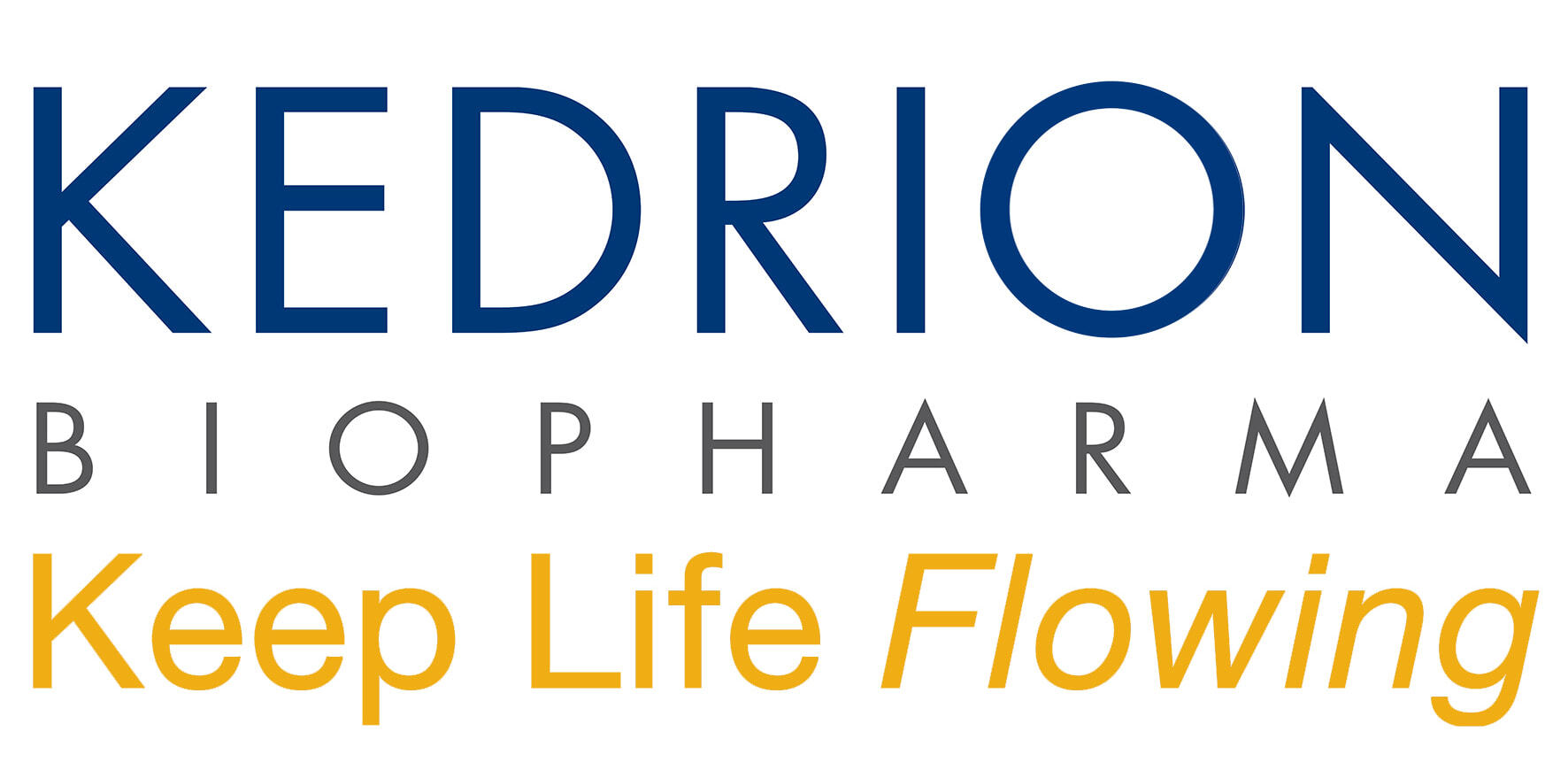On March 31, the first patient has been enrolled in Kedrion’s KIDCARES10 clinical study at the Azienda Universitaria Federico II – Unità operativa di Immunologia Pediatrica – Reparto di Immunologia Pediatrica (Principal Investigator: Prof. Claudio Pignata) in Naples, Italy.
KIDCARES10 stands for KIg10 in peDiatric subjects: effiCacy, sAfety and phaRmacokinEticS of a 10% IG. It is a phase III, open-label, prospective, multi-center study that will assess efficacy, safety, and pharmacokinetics of a 10 percent intravenous Immunoglobulin (IVIg) in pediatric patients aged 2 to 17 years old who are affected by primary immunodeficiency disease (PI) over a period of 13 months.
“Many pediatricians who see patients diagnosed with Primary Immunodeficiency share a common goal, which is to gain an even broader understanding of the efficacy and safety of administering Immunoglobulin treatment to children affected by this condition,” said Leading Investigator, Prof. Chiara Azzari, Azienda Ospedaliero-Universitaria Ospedale Pediatrico Meyer Dipartimento Assistenza Integrata (DAI) di Pediatria Internistica. “For this reason, today’s news about the first patient being enrolled in KIDCARES10 is certainly welcome and exciting.”
KIDCARES10 is set to enroll 30 patients over 18 sites in 5 countries (Italy, Portugal, Hungary, Slovakia and Russia). Its results will be submitted to the U.S. Food and Drug Administration.
Primary efficacy endpoint of KIDCARES10 is incidence rate of acute serious bacterial infections from day 1 to week 51/52, while primary safety endpoint is safety in the overall study population from day 1 to week 51/52. Secondary endpoints of KIDCARES10 include clinical, laboratory, pharmacokinetic, and health-related quality of life (HRQoL) measures.
“The KIDCARES10 Study is another important clinical research endeavor for Kedrion Biopharma,” said Novinyo Serge Amega, M.D., head of U.S. Medical Affairs at Kedrion Biopharma. “Focusing as it does on pediatric patients who have been diagnosed with Primary Immunodeficiency disease, this trial could certainly yield valuable insights into how best to treat children who have been diagnosed with this rare and serious disorder.”

